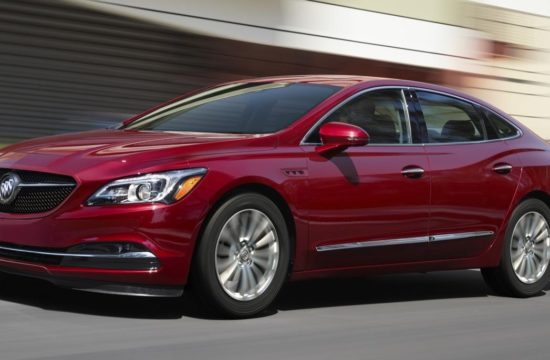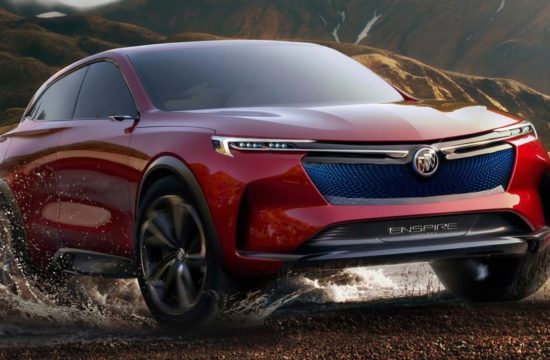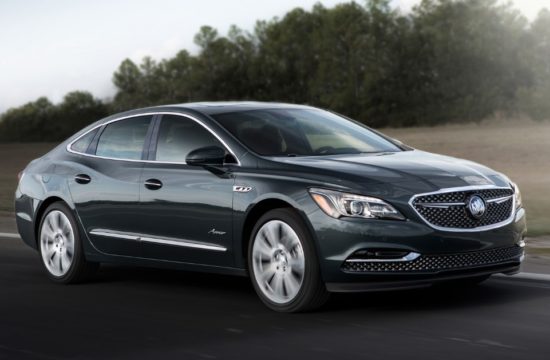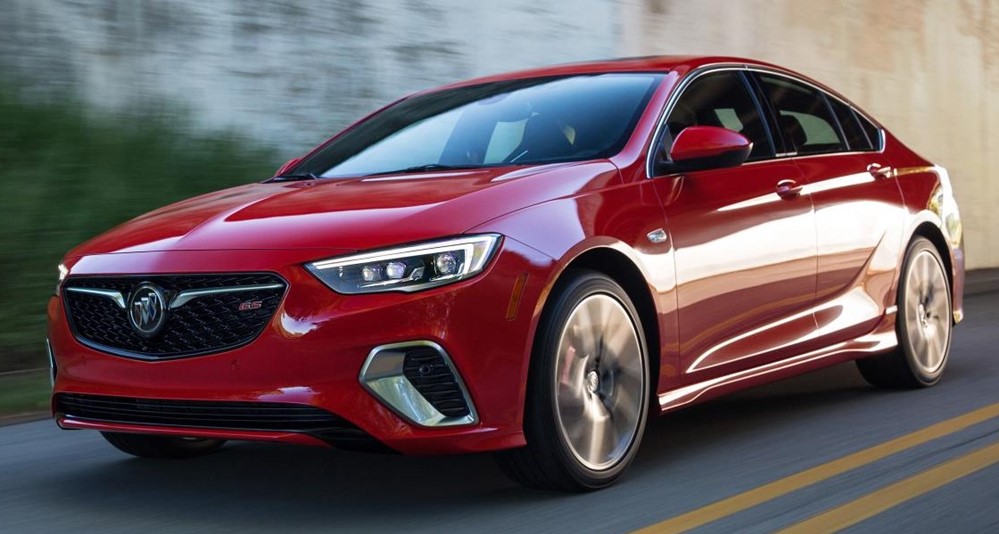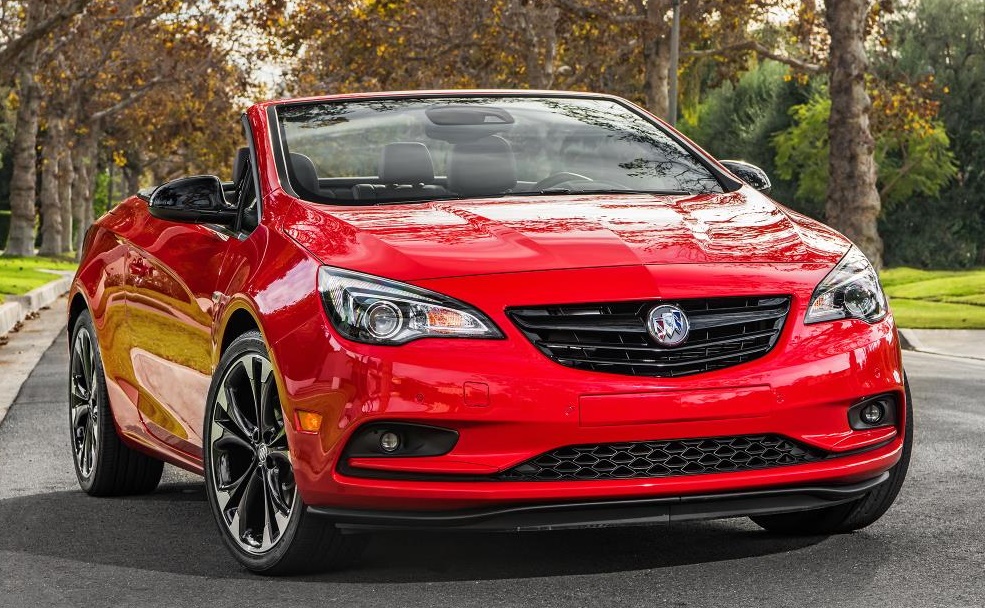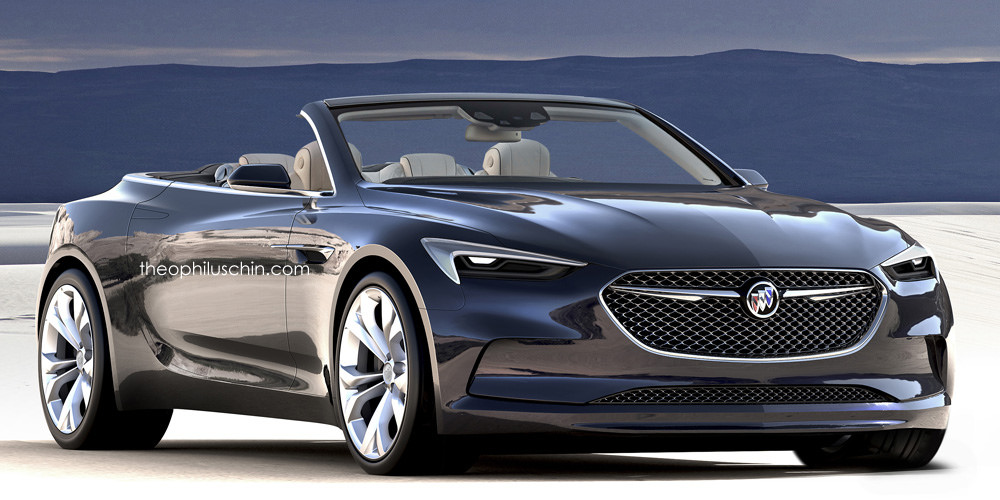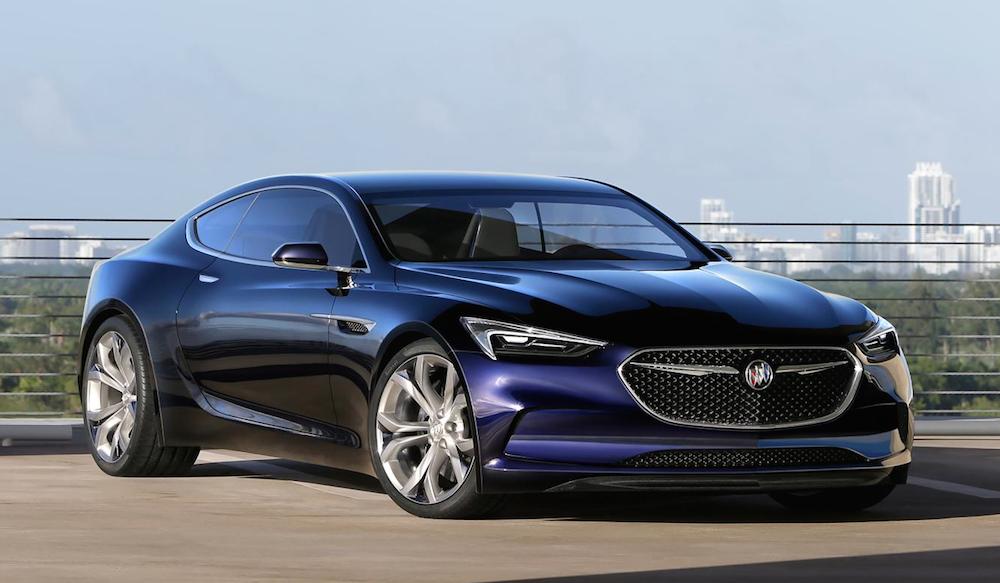
The new Buick Regal Turbo features an industry-first E85 ethanol-capable direct-injected turbocharged Ecotec 2.0-liter inline four-cylinder engine. Using E85, the Flex-Fuel Regal emits less CO2.
GM engineers have tried to arrive at the best compromise between fuel efficiency and performance with this engine. So they’ve used direct injection and turbochargers, as well as the ethanol capability. In fact GM wants to offer more than 50 percent of its production in flex-fuel models by the end of 2012.
Other changes to the turbo engine for 2011 go well beyond the addition of flex-fuel capability. The 2.0-liter Ecotec turbo has a new precision sand cast aluminum cylinder block that provides better durability while transmitting less noise and vibration than lost foam casting used previously.
Since ethanol requires a richer air-fuel mixture than gasoline, flex-fuel engines need higher flow-rate injectors. However, a flex-fuel engine can potentially have any combination of gasoline or up to 85 percent ethanol in the tank, so a sensor in the fuel system measures the blend in real-time. This allows the engine management system to automatically adjust the mixture to provide improved performance and reduced emissions and fuel consumption. Stainless steel fuel lines provide extra corrosion resistance to ensure that the Regal Turbo meets GM’s stringent durability requirements.
“Lag and reduced vehicle launch response is one of the age-old concerns with previous turbo engines,” said Ecotec chief engineer Mike Anderson.
“Drivers would step on the gas to accelerate and then have to wait for boost and power to be generated,” he said. “The twin-scroll turbocharger helps the engine generate power and torque when the driver needs it for passing maneuvers or merging onto a highway even at low engine speeds.” “The 2.0-liter Ecotec turbo produces 258 pound-feet of torque from 2,000 to 5,500 rpm making it feel like a much-larger V6 engine while still delivering four-cylinder efficiency.”

